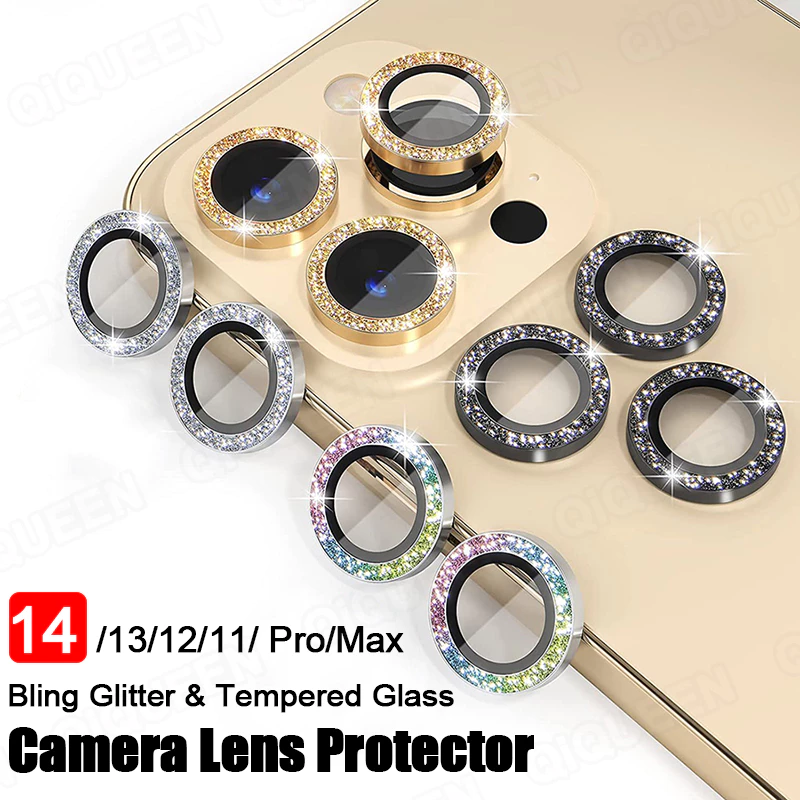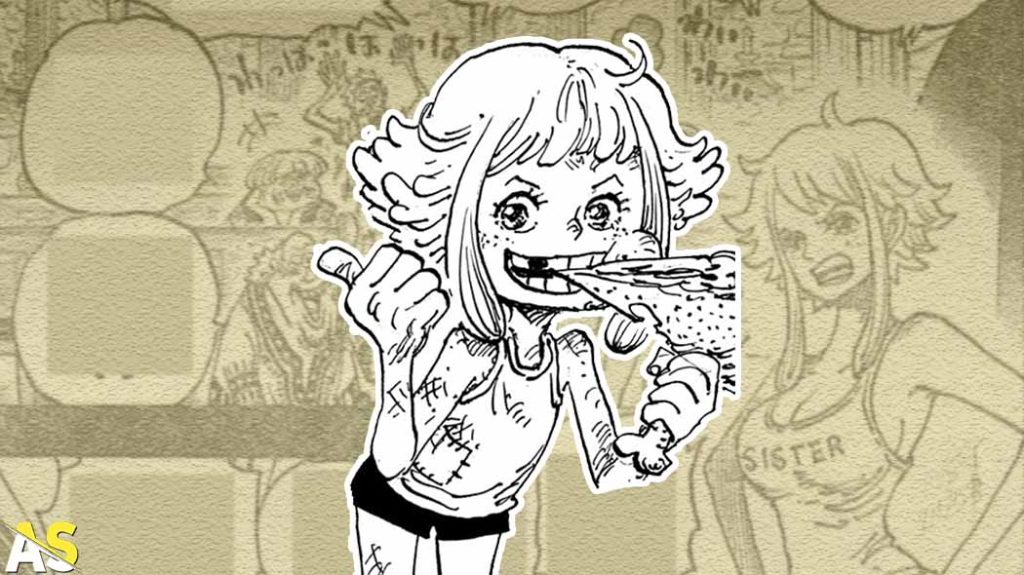Europi(II) chloride
| Europi(II) chloride | |
|---|---|
 | |
 | |
| Danh pháp IUPAC | Europium dichloride |
| Tên khác | Europi dichloride Europơ chloride |
| Nhận dạng | |
| Số CAS | |
| PubChem | |
| Ảnh Jmol-3D | ảnh |
| SMILES | đầy đủ
|
| InChI | đầy đủ
|
| ChemSpider | |
| Thuộc tính | |
| Công thức phân tử | EuCl2 |
| Khối lượng mol | 222,8694 g/mol |
| Bề ngoài | chất rắn màu trắng |
| Khối lượng riêng | 4,86 g/cm³[1] |
| Điểm nóng chảy | 738[2] °C (1.011 K; 1.360 °F) |
| Điểm sôi | 2.190[2] °C (2.460 K; 3.970 °F) |
Trừ khi có ghi chú khác, dữ liệu được cung cấp cho các vật liệu trong trạng thái tiêu chuẩn của chúng (ở 25 °C [77 °F], 100 kPa). | |
Europi(II) chloride là một hợp chất vô cơ có công thức hóa học EuCl2. Khi được chiếu xạ bằng tia cực tím, hợp chất phát quang tạo ra màu xanh lam[3].
Điều chế
[sửa | sửa mã nguồn]Europi(II) chloride có thể được điều chế bằng cách khử europi(III) chloride bằng khí hydro ở nhiệt độ cao[4]:
- 2EuCl3 + H2 → 2EuCl2 + 2HCl
Nếu europi(III) chloride khô phản ứng với lithi borohydride trong THF, nó cũng có thể tạo ra europi(II) chloride[5]:
Tính chất
[sửa | sửa mã nguồn]Europi(II) chloride có thể tạo phức amonia màu vàng EuCl2·8NH3 hay EuCl2·NH3 màu vàng nhạt[4]. Europi(II) chloride có thể phản ứng với europi(II) hydride ở 120 bar hydro, tạo ra EuClH phát quang màu xanh lục[6].
Tham khảo
[sửa | sửa mã nguồn]- ^ Roger Blachnik (Hrsg.): Taschenbuch für Chemiker und Physiker. Band III: Elemente, anorganische Verbindungen und Materialien, Minerale. begründet von Jean d'Ans, Ellen Lax. 4., neubearbeitete und revidierte Auflage. Springer, Berlin 1998, ISBN 3-540-60035-3, S. 446–447
- ^ a b Polyachenok, O. G.; Novikov, G. I. Saturated vapor pressures of SmCl2, EuCl2, YbCl2. Zhurnal Neorganicheskoi Khimii, 1963. 8 (12): 2631–2634. ISSN 0044-457X.
- ^ Howell, J.K.; Pytlewski, L.L. (tháng 8 năm 1969). “Synthesis of divalent europium and ytterbium halides in liquid ammonia”. Journal of the Less Common Metals. 18 (4): 437–439. doi:10.1016/0022-5088(69)90017-4.
- ^ a b Klemm, Wilhelm; Doll, Walter. Measurements on the bivalent and the quadrivalent compounds of the rare earths. VI. The halides of bivalent europium. Zeitschrift für Anorganische und Allgemeine Chemie, 1939. 241: 233–238. ISSN 0044-2313.
- ^ Rossmanith, K.; Muckenhuber, E. Reaction of rare earth chlorides with lithium borohydride. II. Monatshefte fuer Chemie, 1961. 92: 600–604. ISSN 0026-9247.
- ^ Kunkel, Nathalie; Rudolph, Daniel; Meijerink, Andries; Rommel, Stefan; Weihrich, Richard; Kohlmann, Holger; Schleid, Thomas (2015). “Green Luminescence of Divalent Europium in the Hydride Chloride EuHCl”. Zeitschrift für anorganische und allgemeine Chemie. 641 (7): 1220–1224. doi:10.1002/zaac.201400531. ISSN 0044-2313.
Chúng tôi bán
 GIẢM
23%
GIẢM
23%
99.000 ₫
129.000 ₫
 GIẢM
44%
GIẢM
44%
4.000 ₫
7.200 ₫
 GIẢM
38%
GIẢM
38%
50.000 ₫
80.000 ₫
 GIẢM
14%
GIẢM
14%
240.000 ₫
280.000 ₫





